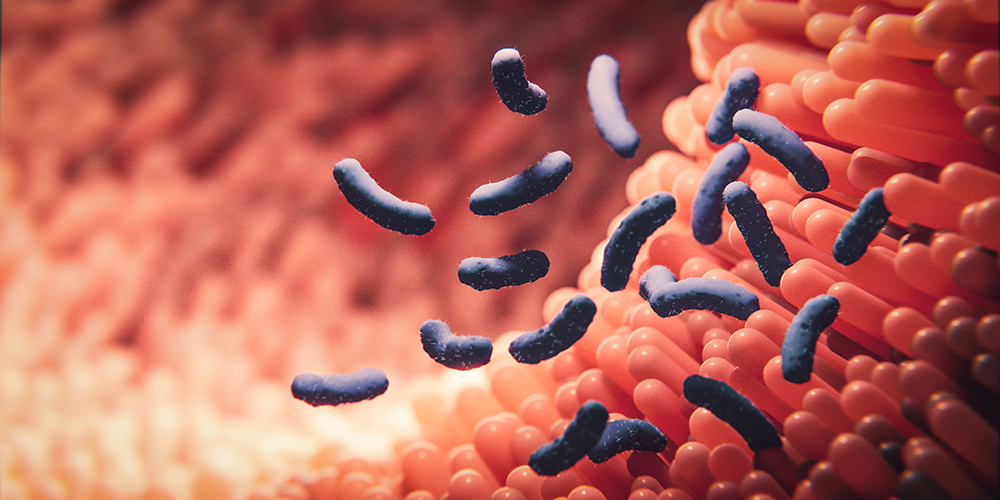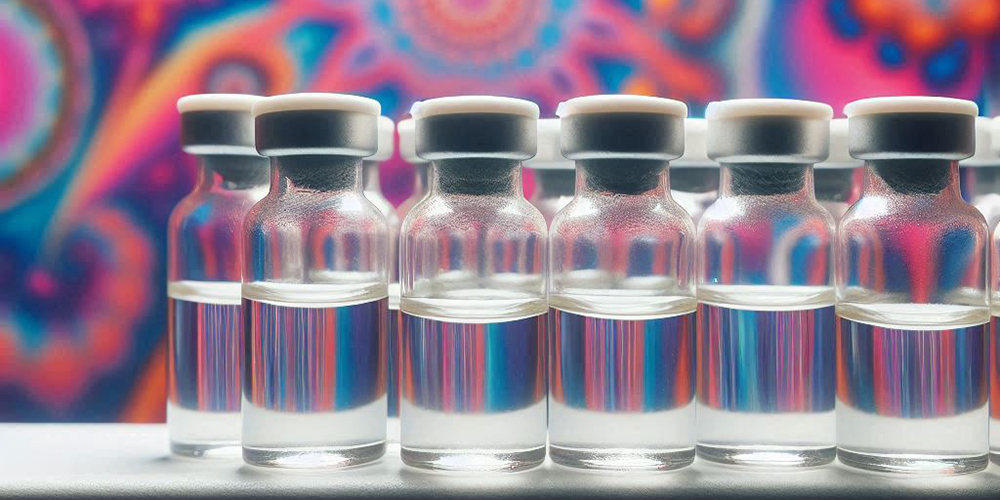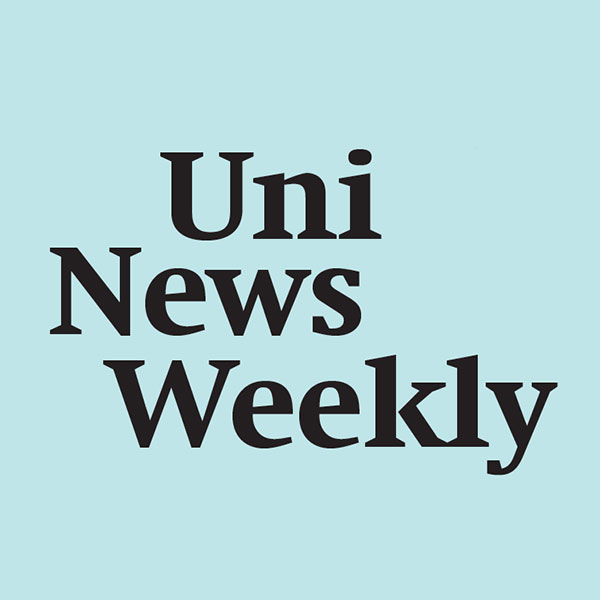Heading towards a new spin-off at the Biozentrum
Basel Biologists hope to develop a new drug to combat bacterial biofilms in the lungs of patients suffering from cystic fibrosis. The Commission for Technology and Innovation (CTI) is funding the project “Therapeptix” at the Biozentrum of the University of Basel with 350,000 Swiss francs. Two more Biozentrum researchers are therefore heading towards professional independence and the establishment of a spin-off.
10 December 2015
Early next year, Dr. Chee-Seng Hee and Dr. Christoph Schmutz, from the Biozentrum of the University of Basel, will take the first steps in their venture to self-employment. The aim of the CTI feasibility study ”Therapeptix”, financially supported with funds of 350,000 Swiss francs, is the development of a drug to combat bacterial biofilms in the lungs of cystic fibrosis patients. The findings will serve the basis for establishing a spin-off, to finally bring the drug to the market.
Along with their funding, the two research scientists will receive further support in the form of mentoring and coaching programs. And while the technology transfer organization Unitectra supports them around patenting matters, the Biozentrum will provide them with lab space and the required infrastructure.
Novel drug candidate to combat biofilms
Patients, who suffer from the disease cystic fibrosis, produce viscous mucus in their lungs due to a genetic defect. This is the ideal breeding ground for bacteria such as Pseudomonas aeruginosa. The microbe colonizes the lungs where it forms a resistant biofilm. The patients suffer from frequent pneumonia, which are very difficult to treat, as the bacteria embedded in a biofilm are hardly accessible to antibiotics.
Here is where the CTI project comes into action. “In the bacteria, biofilm formation is regulated by several signaling pathways”, explains Hee. “We have discovered a peptide that intercepts these pathways, thus preventing the formation of biofilms. This means that the pathogens remain susceptible to antibiotic therapy.” In the cooperation with researchers from the University Hospital Basel, Hee and Schmutz aim to develop a drug candidate for pre-clinical testing of its effectiveness in organisms.
But the potential applications are thus not yet exhausted. As bacterial biofilms found in catheters and other medical devices are often responsible for the increasing number of hospital infections, which are difficult to treat, such peptide drugs could prove to have a valuable role in this area.
Biozentrum: A birthplace for spin-offs
“Therapeptix” is not the first spin-off idea that has emerged at the Biozentrum. About fifteen years ago Santhera CEO Dr. Thomas Meier founded here the first spin-off company MyoContract from which Santhera Pharmaceuticals arose as the result of a merger. The company is specialized in the development and marketing of drugs for the treatment of rare neuromuscular and mitochondrial diseases and has recently achieved a great success by receiving EU approval for the drug Raxone.
In addition, researchers at the Biozentrum have founded the biotech companies Nuomedis AG and T3 Pharmaceuticals. They also received support from the CTI and are now on the way to develop their ideas from basic research toward applications and marketability. Nuomedis is working on a new nanotechnology device for cancer diagnostics, while T3 Pharmaceuticals is optimizing a bacterial injection apparatus, to use as a tool to deliver diverse proteins into cells. This apparatus could possibly be applied to also fight tumor cells.
Through actively supporting the researchers in the implementation of spin-off projects and the founding of a company, the Biozentrum and the University of Basel are promoting the economic and innovative strength of Switzerland.
Further information
- Dr. Chee-Seng Hee & Dr. Christoph Schmutz, University of Basel, Biozentrum, tel. +41 61 267 20 88, email: cheeseng.hee@unibas.ch; christoph.schmutz@unibas.ch
- Dr. Katrin Bühler, University of Basel, Biozentrum, Communications, tel. +41 61 267 09 74, email: katrin.buehler@unibas.ch




